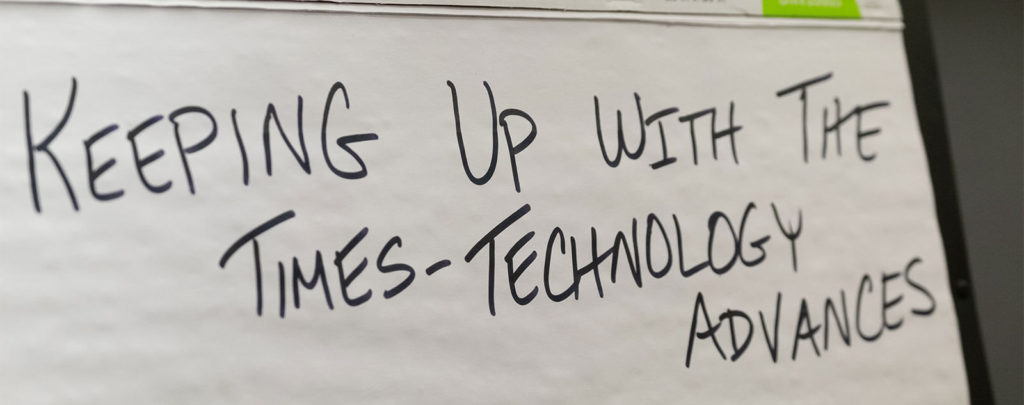The Substance Abuse and Mental Health Services Administration (SAMHSA) recently announced the award of a $6 million grant over three years to the American Academy of Addiction Psychiatry (AAAP) and a coalition of 21 national healthcare organizations to address the opioid healthcare crisis.
The grant is a continuation of the previously funded Providers Clinical Support System (PCSS) initiative, which over the past 9 years has trained more 182,000 clinicians in evidence-based practices. Under the newest grant, AAAP will lead the coalition representing more than one million health professionals in preventing, diagnosing and treating opioid use disorder (OUD), while addressing co-occurring mental disorders and other substance use disorders. This initiative will provide evidence-based training, mentoring, and educational resources at no cost with continuing education credits to clinicians and other health professionals who are dedicated to treating patients throughout the continuum of care.
“The key to addressing the opioid crisis is having trained clinicians who approach treating OUD just as they would any other chronic relapsing disease,” said PCSS Medical Director Frances R. Levin, MD. “This grant will allow PCSS and its coalition of organizations and clinical experts to continue its critical work in training clinicians in evidence-based practices of treating all substance use disorders with a focus on OUD.”
While PCSS has made great inroads in training clinicians, more work needs to be done. With opioid overdose death rates still unacceptably high, it is imperative that the entire medical community come together to address this crisis. Even with all the advances made to train clinicians, most communities do not have the adequate number of prescribers to treat those with opioid use disorders in their community. Training and reducing stigma are keys to turning the tide and reducing the number of deaths associated with OUD.
“Clinicians and administrative staff need more training to overcome stigma and other barriers to treating OUD with medications,” said Kathryn Cates-Wessel, CEO of AAAP and the principal investigator and project director of PCSS. “We are encouraged by the number of clinicians who are taking the courses to learn more about addiction and some have begun treating patients, but to make a significant impact, all health professionals need to be trained and become competent in providing treatment beginning with more clinicians prescribing medications to treat OUD.”
The following organizations are PCSS partners: Addiction Technology Transfer Center; American Academy of Family Physicians; American Academy of Pain Medicine; American Academy of Pediatrics; American College of Emergency Physicians; American Dental Association; American Medical Association; American Osteopathic Academy of Addiction Medicine; American Pharmacists Association; American Psychiatric Association; American Psychiatric Nurses Association; American Society of Addiction Medicine; American Society for Pain Management Nursing; Association for Medical Education and Research in Substance use and Addiction; Council on Social Work Education; International Nurses Society on Addictions; National Association of Community Health Centers; National Council for Behavioral Health; National Judicial College; Physician Assistant Education Association; and Society for Academic Emergency Medicine.
The American Academy of Addiction Psychiatry is a nonprofit professional membership organization of addiction specialists whose mission is to promote the need for research and clinical treatment using evidence-based approaches through training and education.


